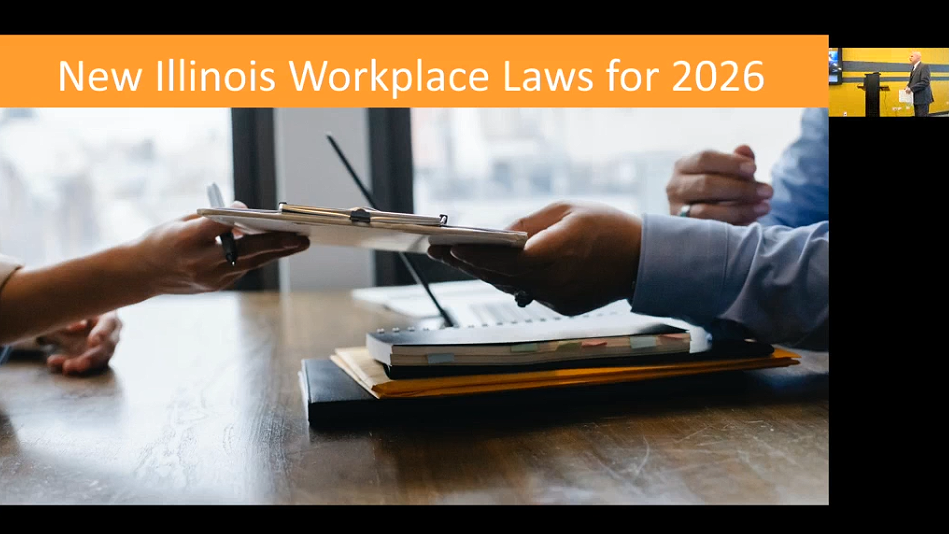Is Collaborative Divorce Right For Me?
Patti S. Levinson • June 26, 2018
Divorce has become all too commonplace in our society, but it does not
have to be a combative, traumatic, winner-take-all process. More and more
reasonable people are choosing Collaborative Divorce as a way to lessen the
impact on their families and take control of their future. Collaboratively trained attorney, Patti
Levinson explains how it works and why it is often a better choice than a
litigated divorce.
Podcast Link
More News & Resources
Lavelle Law News and Events

Beginning 3.1.26, new federal regulations issued by FinCEN will significantly affect how certain residential real estate closings are handled. Issued under the authority of the Bank Secrecy Act, the rule requires the reporting of specified non-financed residential real estate transfers involving legal entities & trusts











